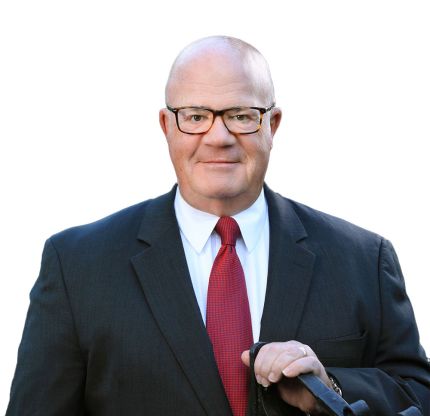

PTSD: The Slow Leak in Funeral Service’ Tire
 As we enter our 3rd month following the Newtown disaster our nation has long since settled back into its routine fighting over symptoms and ignoring causes. I find myself reflecting on a hidden issue. A secret only occasionally mentioned and then quickly dismissed.
As we enter our 3rd month following the Newtown disaster our nation has long since settled back into its routine fighting over symptoms and ignoring causes. I find myself reflecting on a hidden issue. A secret only occasionally mentioned and then quickly dismissed.
No doubt those directly involved following this latest trauma are still affected (afflicted seems a better word). The public would agree but in their minds they are thinking of the parents coworkers, friends and then first responders. Nothing is likely to be said for the funeral directors who cared for the bodies. Not that it needs to be. Except…perhaps…by us.
Some thirty years ago I sat with a friend from Indiana still suffering from nightmares incurred from aiding on a D-Mort team cleaning up after a commercial airline crash. Another friend still has flashbacks about having to remove the charred bodies of a family killed in a home fire while others refused to help. Still another friend who suppressed his own needs while ministering to the needs of the surviving family of his two best friends murdered in their beds. (Yes, I used that non-secular word “minister”. I can really think of no better) Others who aided in the Columbine disaster and 9/11 who still carry emotional wounds. Our own “Walking Wounded.” I imagine that one cannot serve in this profession a lifetime without scars. But somehow they are to be borne secretly.
I don’t think that’s healthy. I have always had a deep respect for people like Alan Wolfelt and John Canine who devote their careers to helping the deeply grieved. Maybe this is something the Funeral Service Foundation should consider researching and NFDA should consider providing support resources for. I don’t know.
Am I making a mountain out of a molehill? What do you think?
Our Blogging Expert

Business Consultant / Owner
Popular Articles
